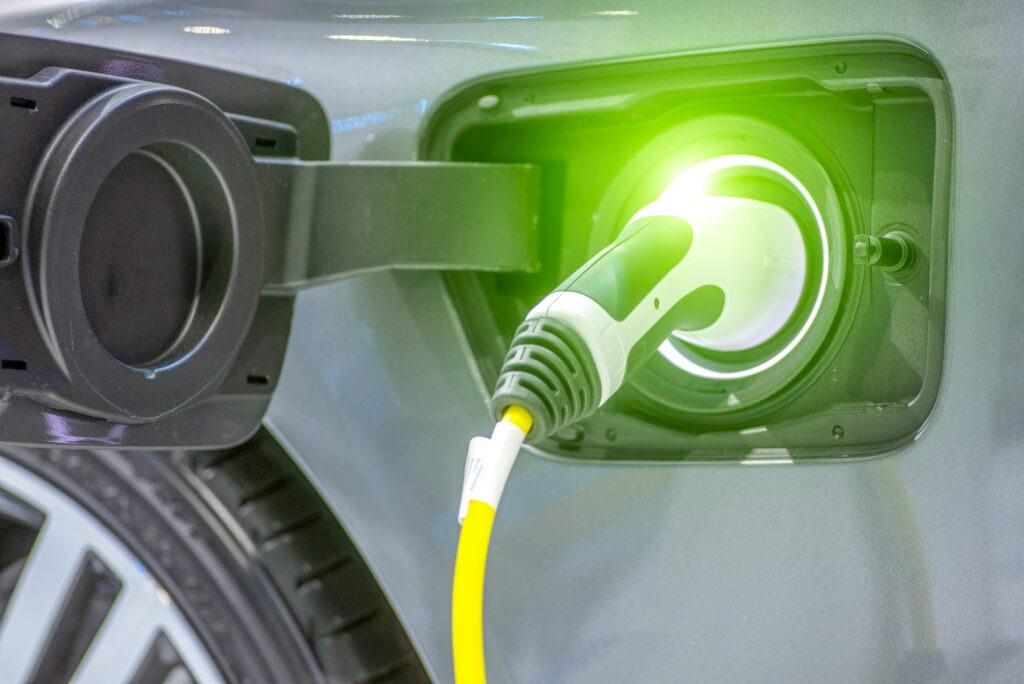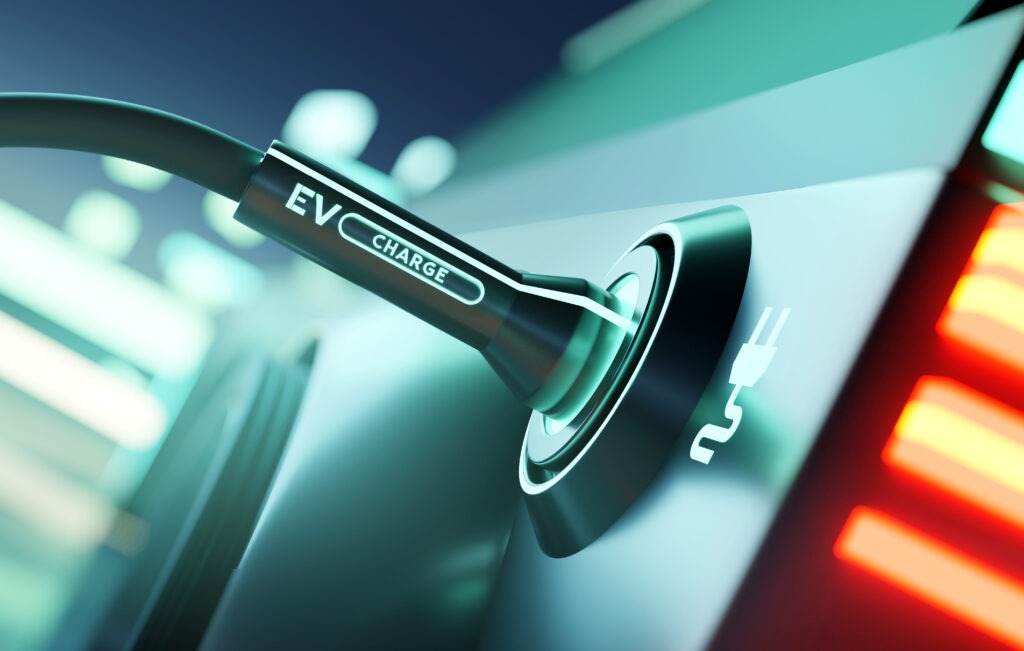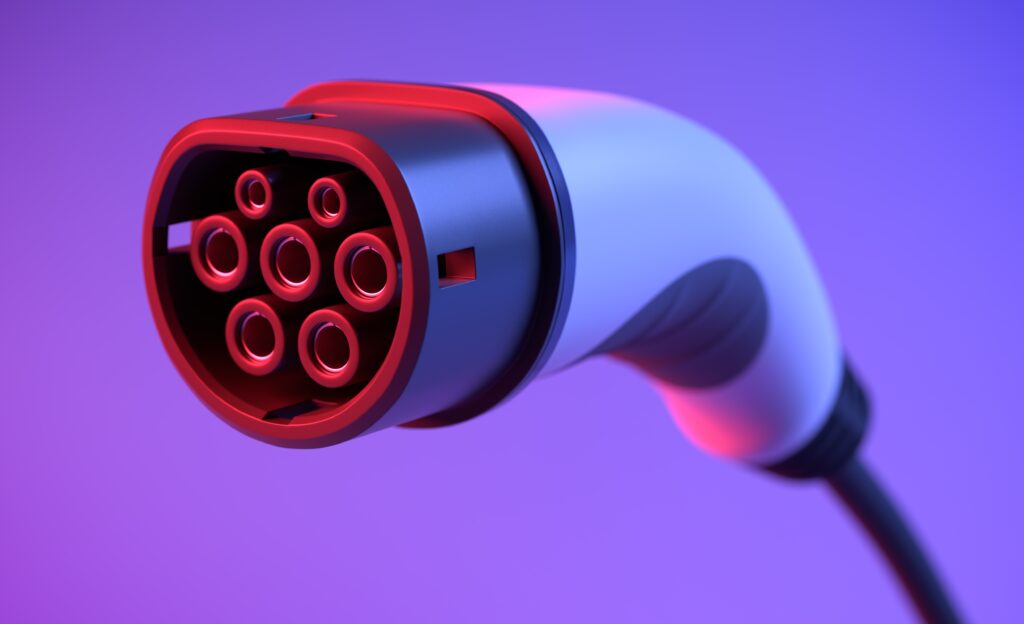BEVs made in China face new provisional EU tariffs on top of existing duties
14 June 2024

The European Commission has laid out the provisional duties it looks to impose on battery-electric vehicles (BEVs) made in China. Autovista24 editor Tom Geggus explores the tariffs and what they could mean for the automotive industry.
Provisional EU tariffs of up to 38.1% could be levied on BEVs made in China. These tariffs would be in addition to existing import duties of 10% placed on every unit entering the bloc. Therefore, affected carmakers could see new rates of up to 48.1%.
These new rates are the result of an investigation conducted by the European Commission into the subsidisation of BEVs made in China. The probe provisionally concluded that ‘the BEV value chain in China benefits from unfair subsidisation, which is causing a threat of economic injury to EU BEV producers.’
The Commission is now in contact with Chinese authorities to try and find a resolution. If this fails, the provisional duties will be introduced on or around 4 July. This will be secured via a guarantee in a form decided by customs of each member state.
‘Engagement between the EU and China has been constant, including on this investigation. We are open and engaging with the Chinese authorities as we have been at all stages,’ Olof Gill, the Commission’s spokesperson for trade and agriculture, told Autovista24.
On the question of whether a solution or tariff implementation is more likely, Gill added: ‘It is too early to say. There could be a mutually agreed solution if the measures are not necessary – this means essentially if the identified subsidies are withdrawn, or companies do not benefit from them any longer.’
Subsidy derived duties
A 38.1% duty is the maximum tariff to be imposed should talks fail. Using evidence from its investigation, the Commission calculated specific rates corresponding to the amount of discovered subsidisation. Three sampled manufacturers, BYD, Geely and SAIC, had provisional duties of 17.4%, 20% and 38.1% calculated respectively.
Other BEV manufacturers cooperating with the investigation but not sampled, may be subject to the weighted average tariff of 21%. Meanwhile, carmakers not cooperating with the investigation could be subject to the maximum duties of 38.1%, plus the existing 10% tariff.
‘This means that SAIC-owned brands MG, IM and Maxus will have to pay a 48.1% import tariff,’ Christoph Ruhland, director of business development at Autovista Group (part of J.D. Power), told Autovista24. ‘While this is far away from the 100% tariff imposed by the US, a near 50% will still have a massive impact. It will affect the number, pricing and strategies of BEVs in the EU.’
BYD may be able to compensate for a 27.4% total duty, maintaining its current strategy in the region. ‘But for brands such as those owned by SAIC, 48.1% could be a game changer,’ Ruhland added.
Not just Chinese brands
These rates will not apply solely to Chinese brands. Gill confirmed that EU-based companies producing BEVs in China may also be affected. ‘All the duties will apply irrespectively of the ownership of the brand of the vehicles, as far as the vehicles are imported from China,’ he said.
Tesla may get an individually calculated duty rate at the definitive stage, which will impact its Model 3, currently produced in China. The carmaker has already indicated that prices of the BEV can be expected to rise across numerous European countries.
Additionally, all companies concerned in the pre-disclosure of tariffs can provide factual comments on the calculations of their individual duties. If warranted, this could be taken into account in the provisional regulation published on 4 July.
Cut by a quarter
‘The Kiel Institute, an economic think tank, estimated that imposing an additional 20% tariff on Chinese BEVs would reduce EU imports by 25%,’ highlighted Ruhland. ‘With 500,000 vehicles imported in 2023, according to their figures, this would amount to an estimated 125,000 units. This number of vehicles would be worth almost $4 billion (€3.7 billion).’
Imports of all-electric models made in China have accelerated rapidly for many manufacturers, according to data from EV Volumes. BYD sent a total of 7,653 BEVs produced in the country to the EU in the first four months of 2024. This was up by 519.7% year on year. Meanwhile, imports from Geely Auto Group accelerated by 754.6% to 5,521 units.
SAIC’s imports of made-in-China BEVs were down 1.3% in the first four months of 2024 to 18,057 units. However, the company’s manufacturing footprint is expanding and now includes Thailand, Indonesia, India and Pakistan. This takes the pressure off China as a primary point of production.
Researchers from the Kiel Institute predicted that raised tariffs would be offset by increased production within the EU and a decrease in the export of EVs. Some carmakers have already begun moving manufacturing to Europe.
The Times reported Volvo Cars started shifting production of its Chinese-made electric vehicles (EVs) to Belgium ahead of tariff announcements. Meanwhile, BYD is looking to build a passenger car plant in Hungary, while Chery plans for production in Spain.
However, moving the production location would likely result in significantly higher prices for consumers, Ruhland added.
Price push after duties?
If tariffs are implemented on 4 July, many will be wondering how the automotive industry will be impacted. ‘An important factor is the extent to which importers, who will pay these tariffs, pass them on to customers in the form of price increases,’ Andreas Geilenbruegge, head of valuations and insights at Schwacke (part of J.D. Power) explained to Autovista24.
Geilenbruegge highlighted that with Chinese producers benefitting from reportedly high margins, there is the potential for tariffs to be absorbed. In this case, the proposed rates would have a limited effect on new and used-car markets. If a larger proportion of costs are passed on to the customer via price increases, this will have multi-dimensional effects.
‘New brands will find it more difficult to gain a foothold in the new-car market, which is already seeing BEV deliveries decline,’ Geilenbruegge said. ‘It will also be effectively impossible to achieve adequate price premiums in the used-car market. Overall, used-car transaction prices and new-car leasing rates would rise as volumes fall.’
Yet Chinese manufacturers have already been cutting prices, and they will likely try to compensate for the new duties. Meanwhile, European brands building BEVs in China have less flexibility in their margins, making price uplifts more likely.
This opens the possibility of increased imports of young used models from countries like Norway. The country's government confirmed it would not follow the EU’s tariffs as it has no local carmakers to protect. As new-car registrations in Norway also count towards manufacturer CO2 targets, this may be an appealing alternative to some carmakers.
Free and fair trade
In response to the Commission’s announcement, automotive industry representatives highlighted the need for free and fair trade.
‘What the European automotive sector needs above all else to be globally competitive is a robust industrial strategy for electromobility,’ stated European Automobile Manufacturers Association (ACEA) director general, Sigrid de Vries.
‘This means ensuring access to critical materials and affordable energy, a coherent regulatory framework, sufficient charging and hydrogen refilling infrastructure, market incentives, and so much more,’ she said.
‘The European Commission is right to be concerned about the competitiveness of the EU as a manufacturing hub and the challenges posed by Chinese manufacturers, but tariffs can only provide a temporary respite and bear the risk of retaliation,’ commented Benjamin Krieger, secretary general of European Association of Automotive Suppliers (CLEPA).
‘Global trade requires a level-playing field and may necessitate corrective measures. However, protectionism cannot be the answer to restoring European competitiveness. Consolidated efforts are needed to make the EU attractive again for investment.’
China’s foreign ministry spokesperson, Lin Jian, also commented. ‘Let me stress that this investigation is a typical act of protectionism which ignores the facts and the WTO rules. It goes against the overall trend and will benefit no one.’
‘We urge the EU to heed the rational and objective views from various quarters, correct its wrong decision at once, stop turning trade into political issues, properly address economic and trade frictions through dialogue and consultation, and avoid harming the mutual trust, dialogue and cooperation between China and the EU,’ he added.
Carmaker's concern over duties
Carmakers also expressed concerns over the implementation of tariffs on BEVs made in China. ‘Free and fair trade and open markets are the basis for prosperity, employment and sustainable growth worldwide,’ a Volkswagen (VW) Group spokesperson told Autovista24.
‘The timing of the EU Commission's decision is detrimental to the current weak demand for BEV vehicles in Germany and Europe. The negative effects of this decision outweigh any potential benefits for the European and especially the German automotive industry.’
Currently producing vehicles in China exclusively for the Chinese market, Mercedes-Benz also highlighted the importance of free trade to Autovista24. ‘Fair and, above all, free global trade is very important, drives innovation and growth,’ said Mercedes-Benz CEO Ola Källenius.
‘What we do not need, as an exporting nation, is rising trade barriers. We should work on dismantling trade barriers in the spirit of the WTO,’ he added.
Geely expressed great disappointment in the Commission’s decision. ‘The decision to impose countervailing duties is not constructive and may potentially hinder EU-China economic and trade relations, thus harming European companies and consumer interests,’ the carmaker stated.
It called on the Commission to consider its decision, listen to concerned parties and find a solution which promotes competition. BYD and SAIC’s MG brand were also approached for comment but were unable to provide a response.
As the automotive industry urges careful consideration of trade restrictions, the Commission will continue to monitor the BEV market’s condition. With the provisional regulation due for publication on 4 July, attention will be on China for its response.



